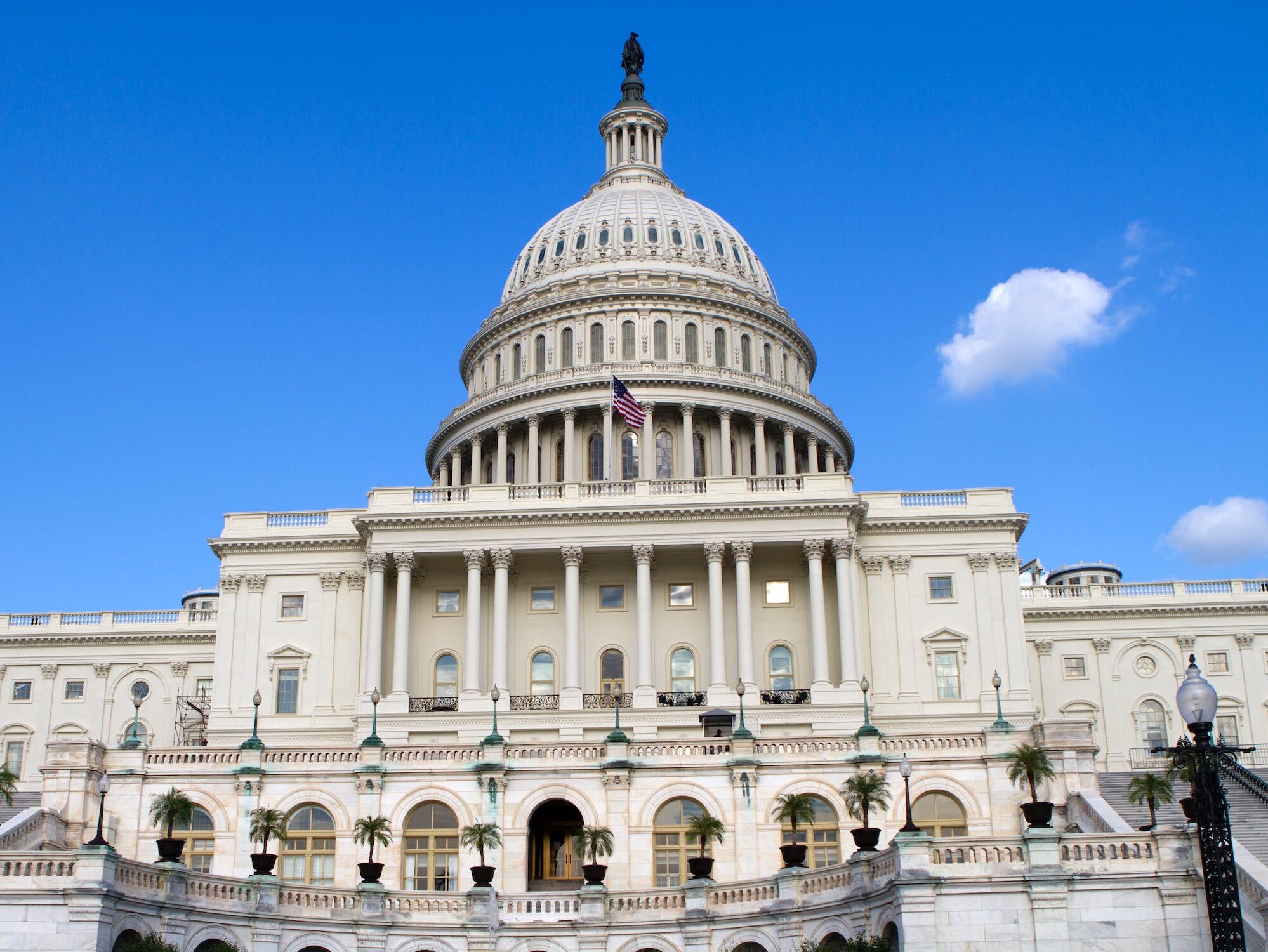2/28/2024
One of the few political subjects that have received bipartisan support in recent years has been opposition to a 1996 federal law, the Communications Decency Act, and the rights granted to tech companies under its Section 230. This section, often referred to as the twenty-six words that created the internet, states that “no provider or user of an interactive computer service shall be treated as the publisher or speaker of any information provided by another information content provider”. While Section 230 was created to prevent repeated frivolous lawsuits brought in the early 90s against early internet companies, its legacy has been to shield tech companies from legal liability for the content their users post. This legal protection has been a crucial pillar in enabling social media platforms to grow into the giants they are today.
As the internet has evolved and become a crucial component in every aspect of our lives, so have the public’s expectations of the companies dominating the field. During a recent Congressional hearing focused on the safety of children online, Section 230 was mentioned at least seventeen times by Senators from both sides of the aisle. However, there are differences in opinion on the inherent flaws in the law that largely fall into two camps along political party lines.
Republicans argue that the broad protections afforded by Section 230 to enforce content moderation at the platforms’ discretion have enabled politicized employees of these companies to enforce censorship against conservative viewpoints. They point to examples such as the removal of former President Trump’s Twitter account in the aftermath of January 6th, 2021 as proof of these companies wielding undue power over national political discourse.
Democrats’ focus has been placed on the failure of tech platforms to adequately police harmful content including misinformation, hate speech, and extremist material that incite violence or undermine public health and safety. In their view, Section 230 has allowed tech companies to focus on profits rather than the public good, creating environments where false information can be amplified by algorithms designed to drive engagement at any cost.
Despite this bipartisan opposition, a third perspective points to Section 230 as a foundational element of internet free speech, praising its role in facilitating the growth of the digital economy and the platforms that dominate it. The stark contrast in viewpoints underscores the complexity of achieving reform. Although there is common ground in recognizing the need for change, the differences in priorities and proposed solutions (some suggest minor technical revisions while others support scrapping the bill entirely) suggest that making any significant changes to the law is unlikely. With these platforms now making up a significant portion of the U.S. economy and having been built on the rights granted by Section 230, the potential macroeconomic impact of any real change in this regard makes any change even less likely.
This week in the Supreme Court, justices are hearing challenges to the editorial rights of social media companies brought about by contentious state legislations from Texas and Florida. These laws aim to constrain the ability of companies such as Meta and YouTube to remove content or bar certain individuals from their platforms. A verdict on the case will not be announced until June, however, observers suggest that the conservative-dominated court will likely reject these laws.

